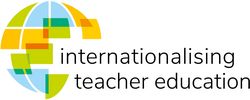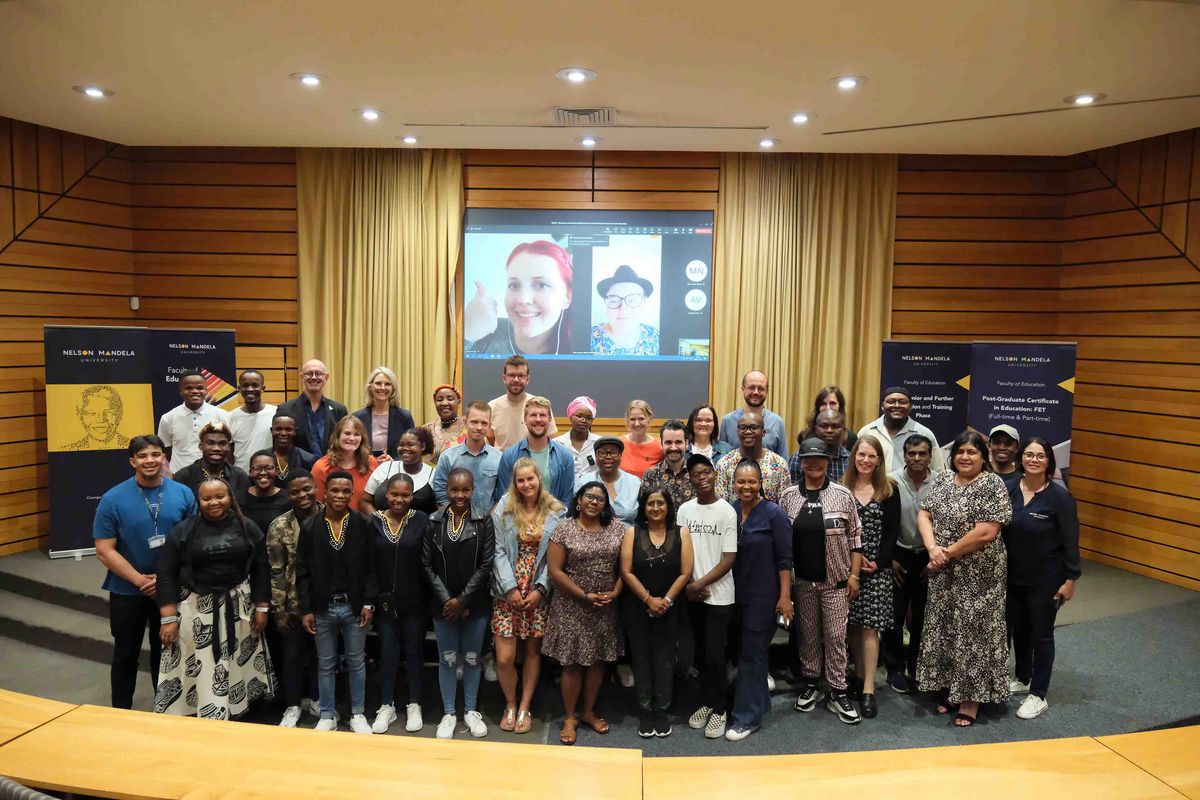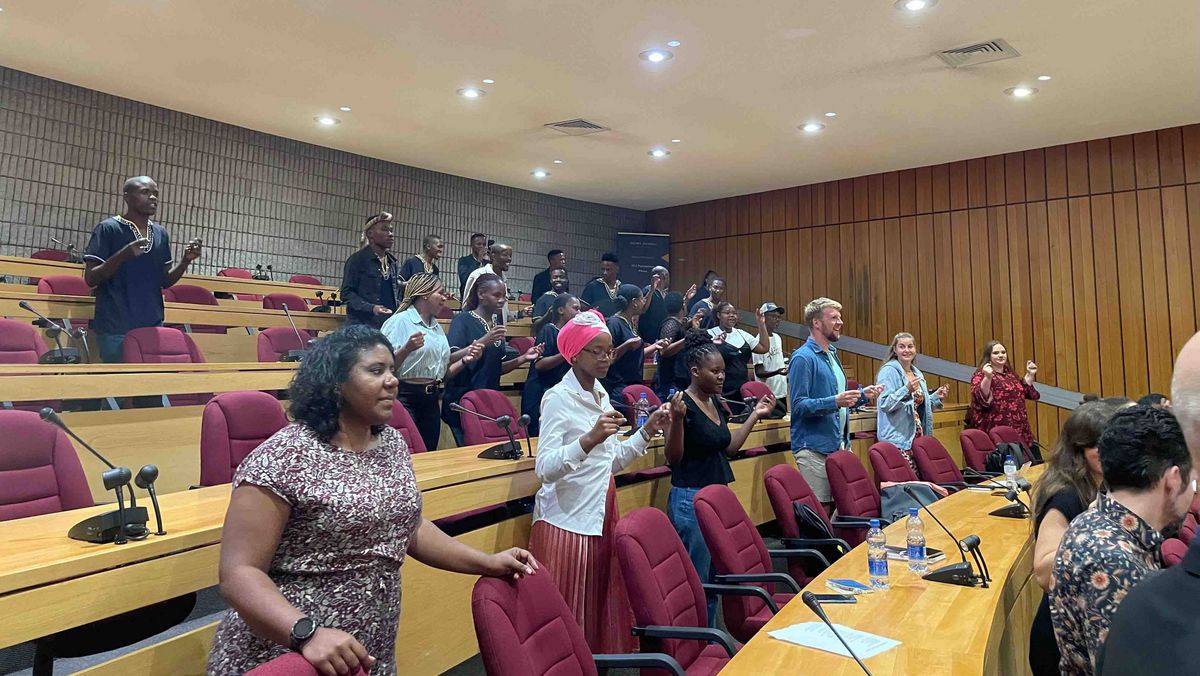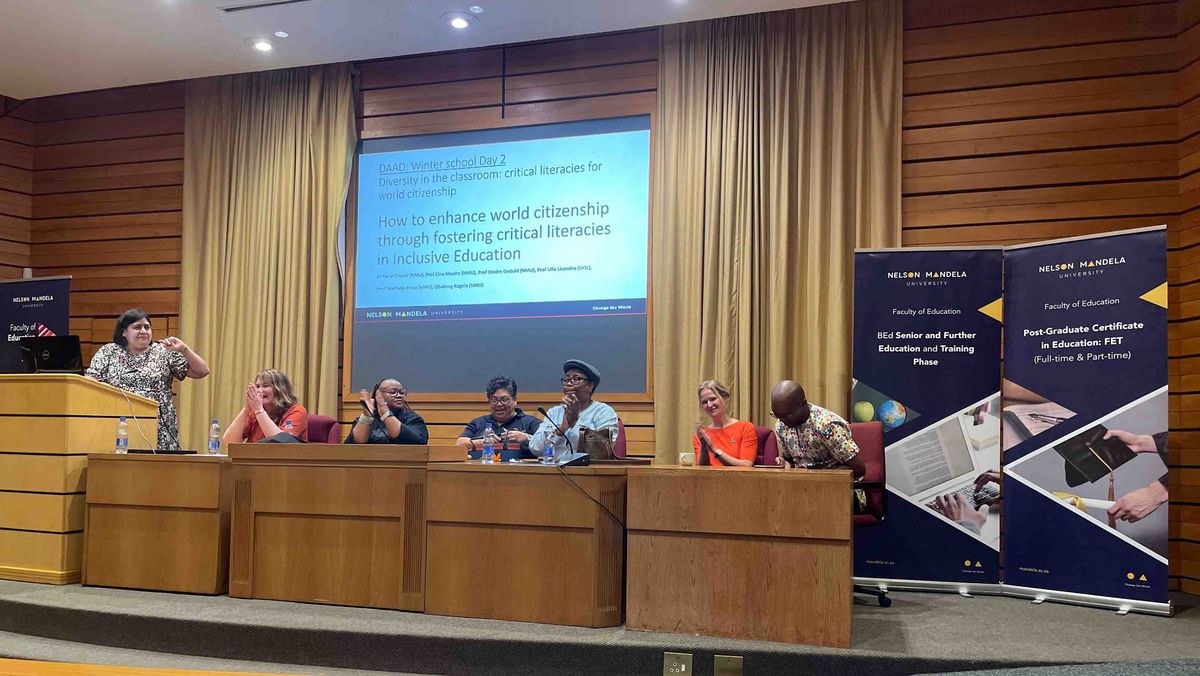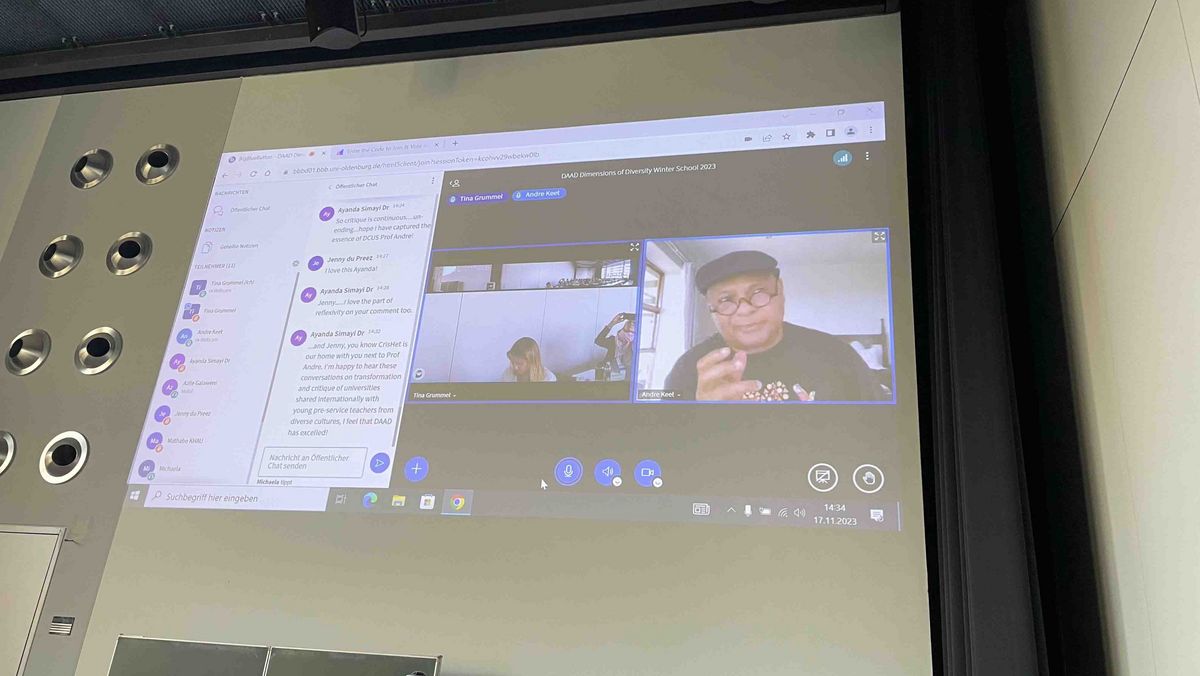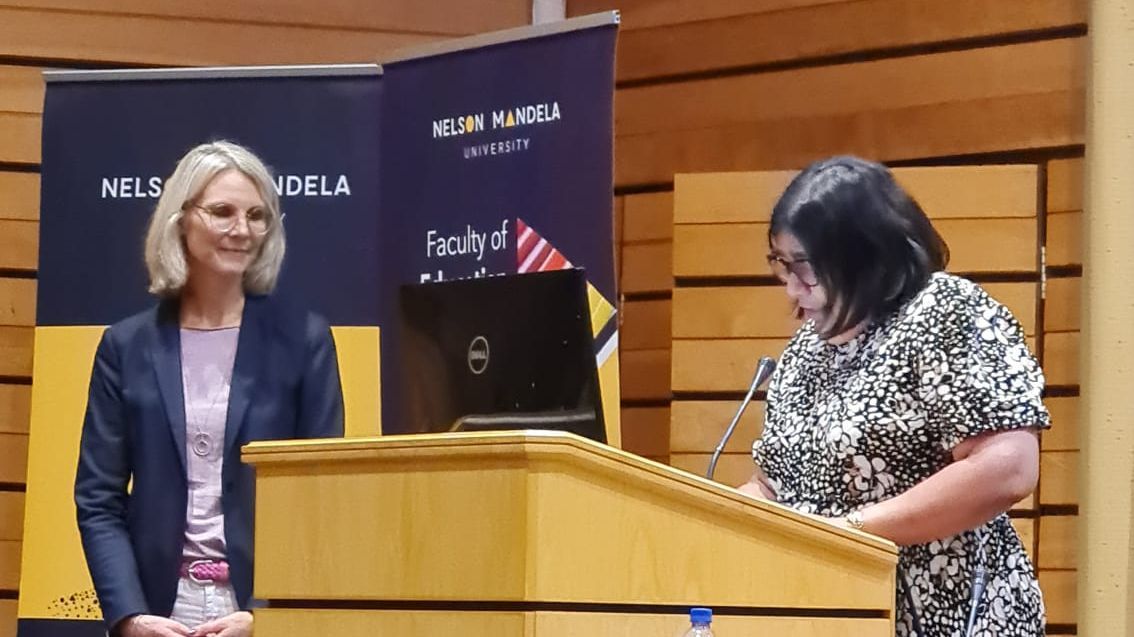2023 Critical Literacies for World Citizenship
Winter School in International Teacher Education
Our winter school 2023 took place on three different days in three different countries.
Through its hybrid manner it gave many students of teacher education the opportunity to participate.
The winter school addressed diversity in teacher education through the concept of critical literacies, i.e. the ability to 'read' and understand the dynamics of (re)producing e.g. linguistic, cultural, gender, or socio-economic differences in the classroom and beyond. These literacies, we believe, are quintessential prerequisites for both teachers and pupils in the development of world citizenship, of a sense of awareness that considers difference a potential rather than a problem.
02 November 2023 in Leeuwarden (Netherlands): "critical pedagogies"
On 02 November we will go into “critical pedagogies”. Critical pedagogy is based on the conviction that teaching and learning are concomitant with social justice. In the critical pedagogy classroom, students can learn to understand and address the social, cultural, political and ecological issues they face today. Though critical literacy has become a notable part of research and theories of language education, little is known about practical implementations – especially within secondary schools. In Leeuwarden, we will discover and discuss educational design tools and methodologies which help teachers think about lesson design and classroom language which foster equity and inclusion among learners.
Opening
The general opening will be remarks about the DAAD collaboration of the various institutions and the development of that collaboration. Some core underlaying principles can be outlined, as well as participating teachers, lectures and professors introduced.
The UDL Matrix as a tool for critical pedagogy
Universal Design for Learning (UDL) is an educational framework based on research in the learning sciences that guides the development of inclusive learning environments and learning spaces that can accommodate individual learning differences. UDL encompasses a set of principles that provide teachers with a structure to develop instructions, materials and activities to meet the diverse needs of all learners. Ron and Roelien of NHL Stenden's InnovationLab will go into the practical implications of the UDL framework as a tool to help design education from a critical pedagogy perspective.
Critical language pedagogy with CLIL
Content and Language Integrated Learning (CLIL) was introduced as a methodology by David Marsh in 1994. The aim traditionally has been to serve as a ‘hybrid immersion approach’ to quickly teach language learners the functional aspects of language which are immediate to their needs. In this workshop Robert-Jan will briefly go into how CLIL has developed from there, and how to use the principles of CLIL to design inclusive materials for language learners of different backgrounds and abilities.
Critical visual literacy
Critical literacy is about being able to pick up on power relations in text. This means being able to detect covert biases, ideologies or stereotypes. Understanding how images or film work in this sense is referred to as critical visual literacy. An important challenge in teaching is how to teach students in what ways images on social media can change what counts as truth and lies. As instructors experiment with incorporating visual content into their classes, they also need to consider how students can be taught to ascertain the veracity and credibility of this visual content (Friedman, A. 2021). Kristina and Kim will provide a hands on workshop with practical activities to do just that.
Language & Gender
In a world where inclusivity at times seems to be fostered through exclusivity, concepts of identity and ‘otherness’ are key. ‘Othering’ is defining people as non-normative based on aspects of their being such as sexuality, sex, gender (identity), race, ethnicity, etc. But in their fight for recognition, should marginalised groups strive to impose their norm on others, just as was done to them, or can there be space where no one is wrong or right? Kathleen will explore these issues in a workshop centering on language and gender.
Hair colouring and styling workshop: critical literacy and English literature
Let's think about how much time of your day you spend on hair. Do you have a one-minute hairdo morning routine? Do you spend ages getting it styled? Does your hair situation make you happy or sad? Do you get noticed because of your hair style? All reasons to join this workshop on hair colouring and styling! Wait... wasn't this supposed to be a conference on critical literacy and world citizenship? Yes, and that is exactly why we will talk about hair. During this hands-on workshop we will explore how you can use literature about the connotations of hair to encourage inclusivity and engagement of students with various lingua-cultural backgrounds in the EFL classroom. Together we will develop design principles for the implementation in our classrooms.
10 November 2023 in Gqeberha (South Africa): how to advance world citizenship
We live in a global village and our student (teachers) must be prepared to become world citizens so that they in turn can nurture their learners to become participants in this global village. Day 2 of the Winter School will take place in a hybrid mode – with some students and staff from the University of Oldenburg and Nelson Mandela University being present in person at Nelson Mandela University in Gqeberha; while some students and staff of NHL Stenden, University of Groningen and University of Oldenburg will be online.
Day 2 will focus on how to advance world citizenship by employing critical literacies in various disciplines of education including Music Education, Language and Drama in Education, Inclusive Education, Teaching Practice, Social Justice and Gender Education. The different workshops will unpack what critical literacies entail and how it can be used to foster world citizenship in the respective disciplines.
Opening and Welcome
Employing creative approaches to enhance critical literacy and to support the development of world citizenship
The workshop will commence by providing a theoretical overview of the concepts: world citizenship, critical literacies and drama-in education approaches that will serve as a foundation for the application of theory to practice. The subsequent practical application session will enable the participants to engage with Drama in Education approaches, such as tableau and improvisation, for the creation of an improvised piece of theatre. Hence the session will focus on both empowering the participants with skills in drama pedagogy and enabling them to collaborate with others in the pursuit of their understanding of the essence of world citizenship, what it implies and how it could be engaged with through creative approaches.
Fostering critical literacies in Music Education that may cultivate awareness of world citizenship
We will explore the active and critical engagement with rhythms as a potential unifying force to be used for creating experiences of global citizenship. Rhythms echoe throughout different cultural musical practises and tie us to that which makes us uniquely human. We explore both sameness and difference in the recognition continuum as these guide us to critical conversation regarding the language, concepts, and categorizations we use when we speak about music.
How to enhance world citizenship through fostering critical literacies in Inclusive Education
The idea that 'to read the word' is intricately linked with 'reading the world,' as articulated by Paulo Freire and Donaldo Macedo in 1987, holds significant implications for the promotion of inclusive education and the cultivation of responsible citizenship. In our presentation, we will employ various lenses to showcase the enhancement of world citizenship through the use of critical literacies in an inclusive education sphere.
Developing & Implementing Social Justice Curriculum For World Citizenship Using Critical Literacies
The seminar will focus on how social justice can be integrated into curriculum and curriculum design modules to contribute to decolonization & social progress in the SA context. It looks at how the past can be reframed through critical literacies to create more socially conscious 21st Century citizens. The seminar presentation will reflect on 4 skills that should be developed for world citizenship; how critical literacies and social justice have been applied in the curriculum modules; and the tension between world citizenship and social justice; Samples of students’ work will be showcased. Participants will be encouraged to engage with how to reconcile world citizenship with legacies of colonialism.
Critical dialogue on teaching human reproductive system to diverse classrooms: the porcupine in the curriculum.
Building critical literacies regarding gender education by drawing lessons from the porcupine.
Critical Literacies and Gender Education
17 November 2023 in Oldenburg (Germany): the diverse and multilingual classroom
In a first part, the winter school day at the University of Oldenburg will be focusing on the diverse and multilingual classroom as a transformative space and a resource in and for learning processes.
A second part will make students familiar with a critical approach to higher education and the university and allow them to reflect on their own learning experiences and positionalities.
The day (and the winter school) will be concluded by an interactive session, which sets out to interrogate the potentials and challenges of internationalisation.
Please not that all times are European times (South Africa is one hour ahead).
Opening
Workshop on the added value of the international/diverse classroom
A diverse classroom is considered a promising learning tool. The national and cultural diversity among students acts as a valuable resource for enhancing students’ learning and attaining international and intercultural learning outcomes.
In this workshop we will explore how this added value can be brought about. We will do that by looking at three questions:
- What does research say about educational activities that promote the use of diversity as a resource?
- How do our own teacher education programs use diversity as a resource and what we can learn from that?
- What can we do as teachers so that students can benefit from the diversity in the classroom?
Irene Poort RUG
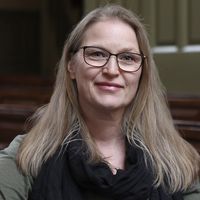
Irene Poort has more than 15 years of experience in international higher education while living in North America and several countries in Eastern Europe. She worked as a curriculum designer, program director, and teacher of culturally diverse student groups.
After many years abroad, Irene returned to the Netherlands to pursue further academic education, combining her experience and interest in the international and intercultural context of higher education with research on intercultural group work.
Irene currently works as an assistant professor at the University of Groningen on a research project aiming to enhance resilience of preservice teachers.
Her other research interests include inclusive education and internationalization of higher education.
Approaching projects as translanguaging spaces: A blueprint for teachers across contexts
People living in Western societies have inherited the idea that classrooms are (and should be) monolingual spaces. As students get older, classrooms also become more monomodal, with logo-centric approaches becoming the norm for teaching and learning. This emphasis on written and spoken monolingual language as the main means of interaction becomes particularly problematic in multilingual contexts as student profiles from transnational and multicultural backgrounds find few spaces to make meaning in nuanced ways.
Considering this, translanguaging pedagogies offer a number of tools to develop culturally and linguistically-sustaining alternatives with powerful affordances for different contexts.
In this workshop, I present translanguaging as a guiding concept to design and implement multilingual projects. Specifically, I provide an overview of podcasts, digital stories, and digital collages as translanguaging spaces, where multilingualism, multimodality and critical literacies interact through complex flows. This pedagogy opens the curriculum to ways of meaning- and sense-making that support multilingual learners, while promoting the handing over of decision-making to students in transformative and liberating ways.
Josh L. Prada RUG

Dr Josh Prada is Assistant Professor in Applied Linguistics and Multilingualism at the Centre for Language and Cognition, University of Groningen (The Netherlands). In his research-practice, Josh partners with pre and in-service teachers, and school administrators to improve the conditions with which language-minoritised youths are received in public institutions by implementing culturally and linguistically-sustaining approaches.
He focuses his work in pedagogy and literacy on heritage language education, multilingual classrooms, and critical teacher development with emphases on translanguaging, critical pedagogies, and classroom sociolinguistics.
Josh has taught workshops and worked with teachers around the world, including in Bangladesh, Brazil, Morocco, South Africa, the United States, and Germany, among many others. Josh’s work has been supported by over 3 million euros in grants and fellowships.
Beyond his school/programme improvement initiatives, Josh also serves as Reviews Editor of the International Journal of Bilingual Education and Bilingualism, and Associate Editor of Spanish as a Heritage Language.
Teacher education and “the critical” in Critical University Studies
In this contribution I explore ‘the critical’ not simply as an approach or an orientation, but as a standpoint, a politics. Bringing the critical traditions within teacher education and university studies together, I suggest, may provide pathways through which the teacher education itself may be interpreted as a productive politics for Critical University Studies.
Prof. André Keet NMU
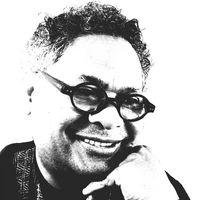
André Keet is the Deputy Vice-Chancellor for Engagement and Transformation at Nelson Mandela University and holds the Research Chair for Critical Studies in Higher Education Transformation at the same University.
Looking in – looking out: critical perspectives on internationalisation
In this session, we'll initiate a guided conversation on the potentials and challenges of internationalisation in contexts of higher education: What do we gain? What are the costs? Who benefits? And in what respects? Both students and teachers from the participating institutions are invited to share their thoughts and ideas, their perspectives and positions.
Prof. Dr. Ulla Licandro (UOL)

Ulla Licandro is Professor of Heterogeneity and Diversity Under Special Consideration of Inclusive Educational Contexts at the Department of Special Needs Education and Rehabilitation. Prior to joining UOL, Prof. Licandro completed her studies in Germany (TU Dortmund), Hungary (ELTE Budapest) and the United States (University of Iowa) and was a pre- and postdoctoral researcher at Leibniz University Hannover as well as a visiting scholar at Ohio State University.
Prof. Licandro’s research focuses on language acquisition and interaction in educational settings. Of particular interest are ways of diagnosing and supporting language acquisition at the interface of multilingualism, social disadvantages, and impairments in order to establish and improve participation for all.
Prof. Dr. Martin Butler (UOL)

Martin Butler is Professor of American Literary and Cultural Studies at the University of Oldenburg, Germany. His research centers on popular culture and its mobilities, with a particular focus on popular music in a range of different historical and regional contexts. He is also interested in cultural representations of migration and diversity and in cultures of participation, specifically in new media environments.
Prof. Dr. Mario Dunkel (UOL)

Professor for Music Education at the University of Oldenburg
Research interests: transcultural music education; links between music and politics; research on culture and music of jazz and popular music; popular music and the rise of populism

